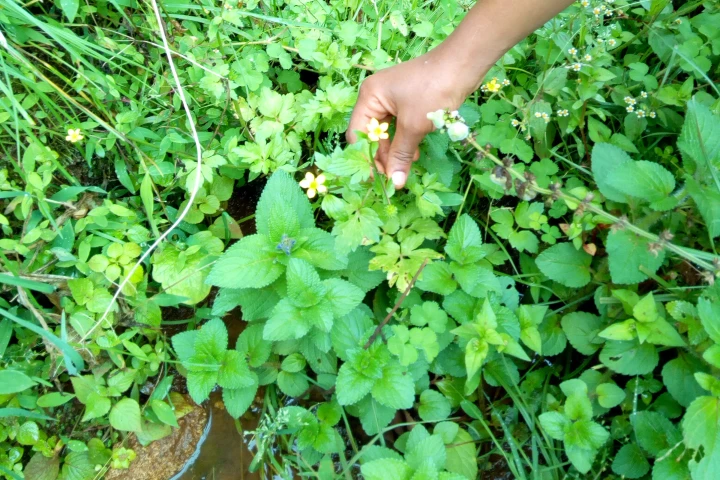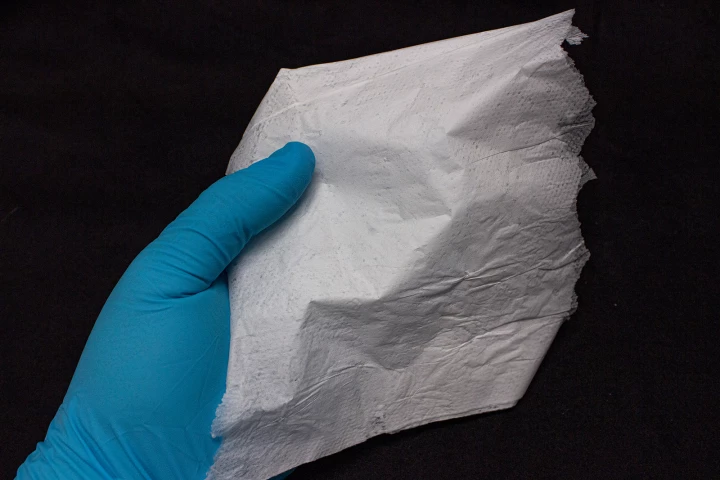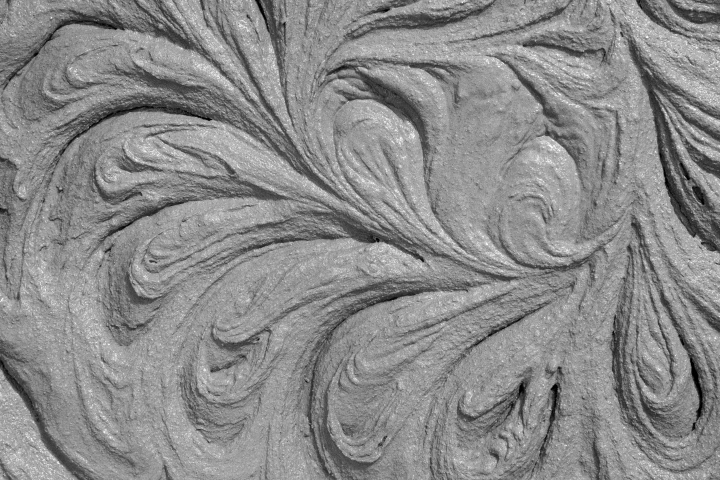Martin Luther University of Halle-Wittenberg
Research out of Germany's Martin Luther University of Halle-Wittenberg
-
For many years now, people in parts of Africa have used a tea made from the leaves of a certain plant to treat malaria. Scientists recently identified the active ingredient, and believe that it could be used in alternative treatments for the disease.
-
If you're trying to make a wound dressing that will be well-tolerated by the human body, you may be best off using human-derived materials. That's the approach that German researchers have taken, creating a tropoelastin-based bandage.
-
Scientists have come up with an alternative cement recipe that makes use of unused mining materials to cut its carbon emissions by up to two thirds, while meeting the performance requirements of traditional Portland cement.
-
Although some people may think that electric cars can run forever, their motors do wear out over time. According to a new study, special dyes could allow drivers and mechanics to know when that time is about to come.
-
Ordinarily, if you want to make a 3D-printed liquid-filled object, you have to inject the liquid after the object has been printed. A new process, however, allows such items to be printed in one step – and it could have some valuable applications.
-
Scientists are claiming a breakthrough in the development of graphene nanoribbons, devising a method that has enabled them to efficiently produce the ultra-thin strips directly on the surface of semiconductors for the first time.





